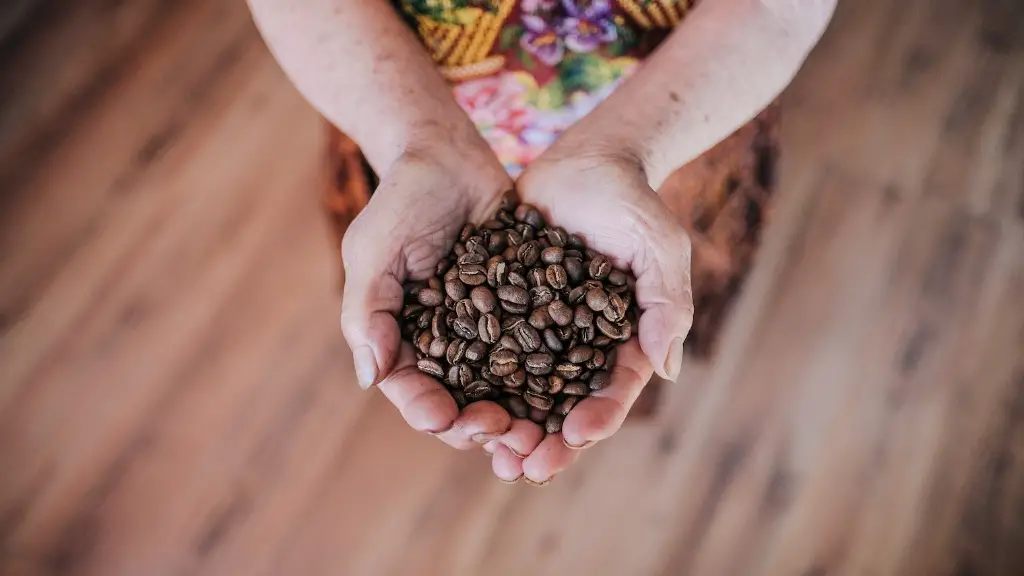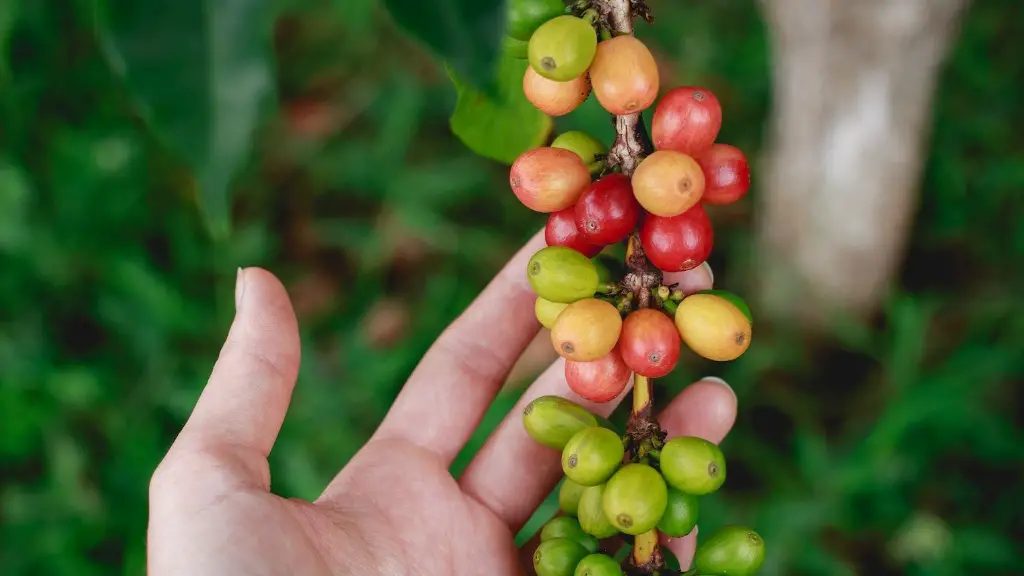Psychology
Caffeine is a stimulant drug found in coffee and a few other products that acts on the brain to make us more alert. For most people, this is an enjoyable feeling to experience most mornings while they drink their cup of joe. However, after the stimulant is ingested, we may find ourselves feeling more tired than before. This begs the question, why do we feel more tired after drinking coffee?
According to psychology professor Dr. Courtney Tesar, the effects of caffeine on our brains can be explained by the way it works to increase the speed of our neurons. Caffeine acts like an “upper”, it gets our brains and bodies to move faster and produces an impressive alertness. That feeling of stimulation is short-lived however, which is why the tiredness might come afterwards.
Our bodies respond to stimulants by increasing our heart rate and releasing adrenaline. This process uses up a lot of energy and when it’s over, our bodies start to slow down again and we can end up feeling exhausted. This is why coffee drinkers may feel more drained than those who don’t consume caffeine.
However, our bodies can become tolerant of the effects of caffeine and no longer experience the same levels of alertness or energy boost. This is why coffee drinkers may need to increase the amount of coffee they consume if they are to feel the same effects. The body’s tolerance for caffeine builds over time, and with an increasing tolerance comes even more tiredness.
Another dimensin to consider is our individual physiologies, which vary from person to person. Some people may find that their bodies react differently to caffeine than someone else may. This could be due to a person’s genetics, levels of stress, or even their sleeping habits. Everyone’s biochemistry is different, which means they can have drastically different experiences after drinking a cup of coffee.
Ultimately, feeling more tired after drinking coffee likely comes down to a combination of individual biochemistry, the body’s increasing tolerance of caffeine, and the stimulant’s effect on the body’s energy reserves. It is important to remember that the way we feel after drinking coffee is not necessarily indicative of the efficacy of the stimulant, but rather the individual’s biochemistry and responses.
Nutrition
While caffeine can be beneficial in terms of improving alertness and providing an energy boost, there are certain drawbacks to relying on coffee for your daily boost. For one thing, coffee contains compounds called chlorogenic acids which can impair the absorption of certain nutrients by the body. This means that aside from feeling more tired after drinking coffee, one might also be experiencing the effects of nutritional deficiencies due to the inhibition of nutrient absorption.
Another factor to consider is that coffee can interfere with sleep. While some people may find that they feel alert and energetic after drinking a cup of joe, others may find that they have trouble sleeping at night. This is due to caffeine’s ability to increase the release of stress hormones, making it harder to fall asleep and stay asleep.
The effects of caffeine can vary greatly depending on the individual. Some people might experience a burst of energy and alertness, while others might feel more lethargic. It is important to pay attention to your body’s response to caffeine and adjust your intake accordingly.
It is also important to note that excessive caffeine consumption can be dangerous. Caffeine overdose can cause serious health problems including anxiety, heart palpitations, nausea, and insomnia. It is important to keep your caffeine intake to a reasonable amount.
Ultimately, drinking coffee can have its benefits, but it should be consumed in moderation. Coffee drinkers should pay attention to how their bodies react to caffeine, and make sure that their intake is not too high. They should look for alternative ways to increase their alertness like increasing physical activity and getting adequate sleep.
Environmental & Societal Impact
While the effects of coffee on individual health have been extensively discussed, not many people are aware of the environmental and societal impacts of our caffeinated culture. Growing coffee beans, roasting them and shipping them around the world is an incredibly resource-intensive process, and one that many people don’t realize is having an impact.
Coffee production requires large amounts of water, which can be damaging to the surrounding environment if it goes unchecked. The transporting process is not a green one either, and it contributes to significant carbon emissions through the burning of fossil fuels. It is important to remember that environmental damage isn’t just relegated to growing and shipping. The thousands of disposable coffee cups that make their way to landfills every single day further exacerbate the problem.
Finally, there is the issue of unequal wages for farmers and workers in the coffee industry. Many of these people are paid far below minimum wage and lack basic benefits such as insurance and healthcare. This is an issue that must be addressed if we are to create a more sustainable coffee industry.
In conclusion, the environmental and social costs of our coffee-drinking culture are far greater than many people realize. It is important to remember these impacts and to make conscious choices when it comes to coffee consumption.
Medical Implications
Caffeine’s effect on the body is profound and pervasive. For many people, coffee provides much-needed energy and alertness, but it can also have adverse effects when consumed in excess. Caffeine is known to increase blood pressure, raising the risk of stroke and other vascular diseases.
Caffeine is also known to interact negatively with certain medications including blood pressure medications, antibiotics and antidepressants. Therefore, it is important to speak to your doctor before increasing your daily intake of coffee.
Caffeine consumption during pregnancy has also been linked to adverse outcomes including low birthweight, diabetes and even miscarriage. There is no consensus on how much caffeine is safe during pregnancy, so it is important to speak to your doctor if you are pregnant and drinking coffee.
In conclusion, while coffee can have many beneficial effects such as increased alertness and productivity, it is important to remember the potential negative effects. Speak to your doctor if you have any concerns and ensure that your coffee consumption is within healthy limits.
Long-term Effects
The long-term effects of caffeine consumption are still unknown, with research still ongoing. While occasional coffee consumption is generally considered safe, some researchers have warned of potential risks from overconsumption.
One such concern is that of addiction. While caffeine is not considered to be addictive in the same way as other substances, many people find themselves relying on coffee for necessary energy, and can become reliant on it to get through the day. This can lead to a vicious cycle, as increased coffee consumption can lead to more fatigue over time.
Another effect of long-term coffee consumption is that of cognitive decline. Some studies have suggested that regular coffee drinkers may experience decreased mental acuity over time, while others have found no link. It is important to note that the research on this topic is still ongoing and inconclusive.
Finally, there is the effect of coffee on lifespan. Some research has suggested that regular coffee drinkers may live longer than those who do not drink coffee. However, more research is needed to definitively establish this link.
In conclusion, the effects of long-term coffee consumption are still not fully understood. While it may have short-term benefits, it is important to pay attention to how your body responds to caffeine and adjust your intake accordingly.
Conclusion
Feeling more tired after drinking coffee is not uncommon and can be attributable to a combination of individual biochemistry, tolerance for caffeine, and the stimulant’s effect on the body’s energy reserves. It is important to remember that the way we feel after drinking coffee is not necessarily indicative of the efficacy of the stimulant, but rather the individual’s biochemistry and responses.
In addition, there are other factors to consider such as the environmental and societal effects of coffee culture, as well as potential medical implications. Long-term effects of caffeine consumption are still unknown, and more research is needed to understand the impact on lifespan and cognitive decline. Ultimately, it is important to pay attention to how your body responds to caffeine and adjust your consumption accordingly.





